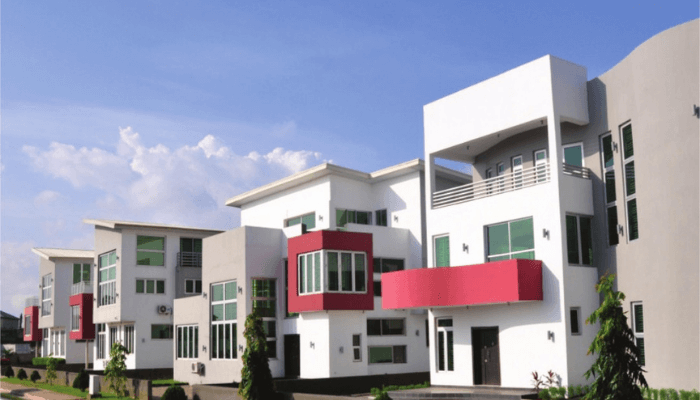Inflation and high diesel prices have hit Nigeria’s rental market as tenants in short-let and serviced apartments now pay higher rents but get less services, experts have said.
The experts said the prevailing inflationary situation in the country has become so bad that house rents have gone up due to rising costs of building new houses and maintaining existing ones.
They said this had been made worse by diesel prices, which have gone up by almost 100 percent from N354 about six months ago to N700 per litre.
“With increased cost of diesel, in particular, many serviced apartments are facing a high default level. Several buildings have dropped the hours of usage of generators, with a lot of high-end properties adjusting their 24-hour power promise to run a 7pm-7am generator service; this is becoming the most popular timeline for generator usage,” Gbenga Olaniyan, CEO of Estate Links, told BusinessDay in an interview.
“Properties that have a mix of short-let and long-stay generally face major problems as landlords are now getting more price-sensitive, sometimes trying to negotiate or tenants outright refusing to settle service charge bills during their void periods,” he added.
BusinessDay findings show that the rental range for short-let apartments is wide and depends on the offer’s quality, branding, unit size, and location. It was gathered that rents could go as low as N25,000 for a studio apartment to as high as N150,000 per day for a three-bed apartment.
According to Alitheia, an investment and advisory firm, Lagos currently has just over 7,000 three-, four- and five-star hotel rooms, ranging in price from N35,000 to as high as N200,000 per day.
Segun John-Adejumo, managing director of Precioso Homes, whose company has over 200 apartments comprising studio and two-bedroom apartments for short-let, said that rents had gone up by over 30 percent due to inflation and rising diesel cost.
Though Bismarck Rewane, CEO of Financial Derivatives Company, sees the rising inflation as a good development for real estate as it increases its attractiveness as an asset class for hedging against inflation, Olaniyan says inflation has seriously affected tenancies in the real estate market with serviced properties being the most affected.
According to him, several discerning tenants are now moving to partially serviced estates where communal maintenance exists such as security and cleaning without a central back-up power service, in a bid to control their diesel usage to save cost.
“We are indeed seeing a new phase in the serviced property industry as well as gated serviced estates which are not left out in this situation. Estates are now devising innovative methods to punish defaulters,” Olaniyan said.
The effect of this, according to him, is that rents of the high-end full serviced apartments have been stagnant since 2021, while there has been a visible increase in general rental levels for partially serviced properties where the tenant has control of his power usage.
MKO Balogun, CEO of Global PFI, shares this view, saying every business is currently rethinking its energy management model from reducing operating hours to reducing generator running hours, and passing some costs to users.
“Users on their part are rethinking the need to use other forms of accommodation like short-let and hotels; most will not be able to pass the cost; it will therefore make them reduce generator operating hours for guests except when they have high occupancy that can carry the cost,” he said.
Despite these negative developments, Rewane says there is increased investor-confidence in the economy, leading to a rise in investments in housing and landed properties. However, the housing deficit is still high at 22 million as, according to him, affordable housing remains scarce.
Going into the future, he sees rapid growth in the tech sector fuelling occupier demand across the Nigerian real estate market, just as vacancy factor widens as a result of low consumer disposable income.
Source : Business Day

































